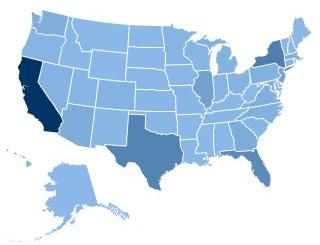Court to Consider Equal Protection Challenge of Former Citizenship Provision |
United States v. Flores-Villar, 536 F.3d 990 (9th Cir. Cal. 2008), cert. granted sub nom.,
Flores-Villar v. United States, 2010 U.S. LEXIS 2743 (U.S. Mar. 22, 2010) (09-5801)
The Supreme Court will hear a case that looks to whether two former citizenship provisions in the INA violate equal protection. These sections imposed a five-year residence requirement, after the age of fourteen, on U.S. citizen fathers -- but not on U.S. citizen mothers -- before they may transmit citizenship to a child born out of wedlock abroad to a noncitizen. The Ninth Circuit, relying on the Supreme Court’s decision in Nguyen v. INS, 533 U.S. 53 (2001), found that the residency requirements pass intermediate scrutiny. In Nguyen, the Supreme Court upheld a requirement that U.S. citizen fathers take affirmative steps (i.e., legitimation; a declaration of paternity under oath by the father; or a court order of paternity) in order for a child to acquire citizenship, even though U.S. citizen mothers are not required to take such steps.
The petitioner in Flores-Villar was born in Mexico to a U.S. citizen father and a noncitizen mother. He grew up in the United States and his father subsequently filed an acknowledgment of paternity in Mexico. The petitioner was later deported from the United States and thereafter criminally charged with illegal reentry when he returned. As a defense to the criminal charge, he contends that he is a United States citizen. He argues that because the citizenship laws required five years of residency for U.S. citizen fathers, but a less demanding residency requirement for U.S. citizen mothers, the law makes an impermissible classification on the basis of gender.
Further, he argues that Nguyen is distinguishable because in that case, the Supreme Court approved distinctions that were based on biology (i.e., the distinguishing factor was the relationship established by virtue of delivering a baby). In Flores-Villar, however, there is no biological basis for the different residency requirements for U.S. citizen mothers and U.S. citizen fathers.
The Supreme Court granted the petition for certiorari to address the following question: “Whether the Court’s decision in Nguyen v. INS, 533 U.S. 53 (2001), permits gender discrimination that has no biological basis?” The Court heard oral argument on November 10, 2010 (click for transcript or audio of the argument).




